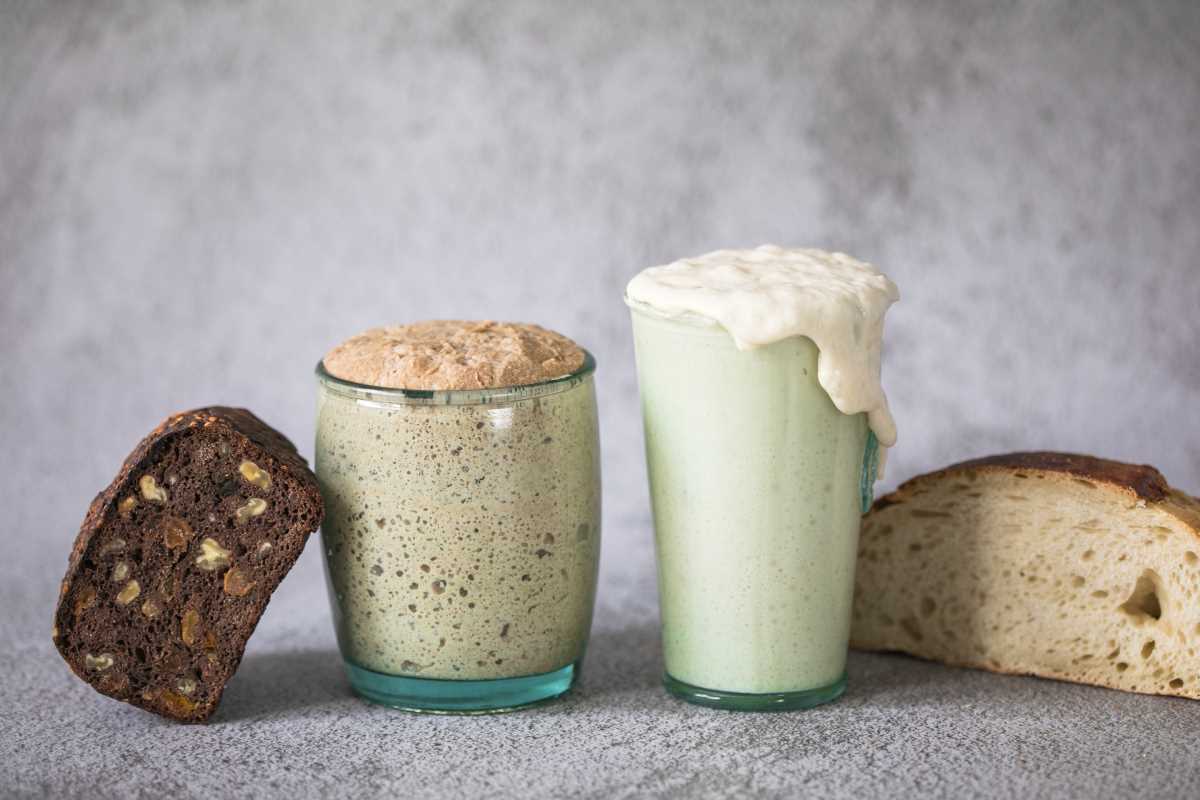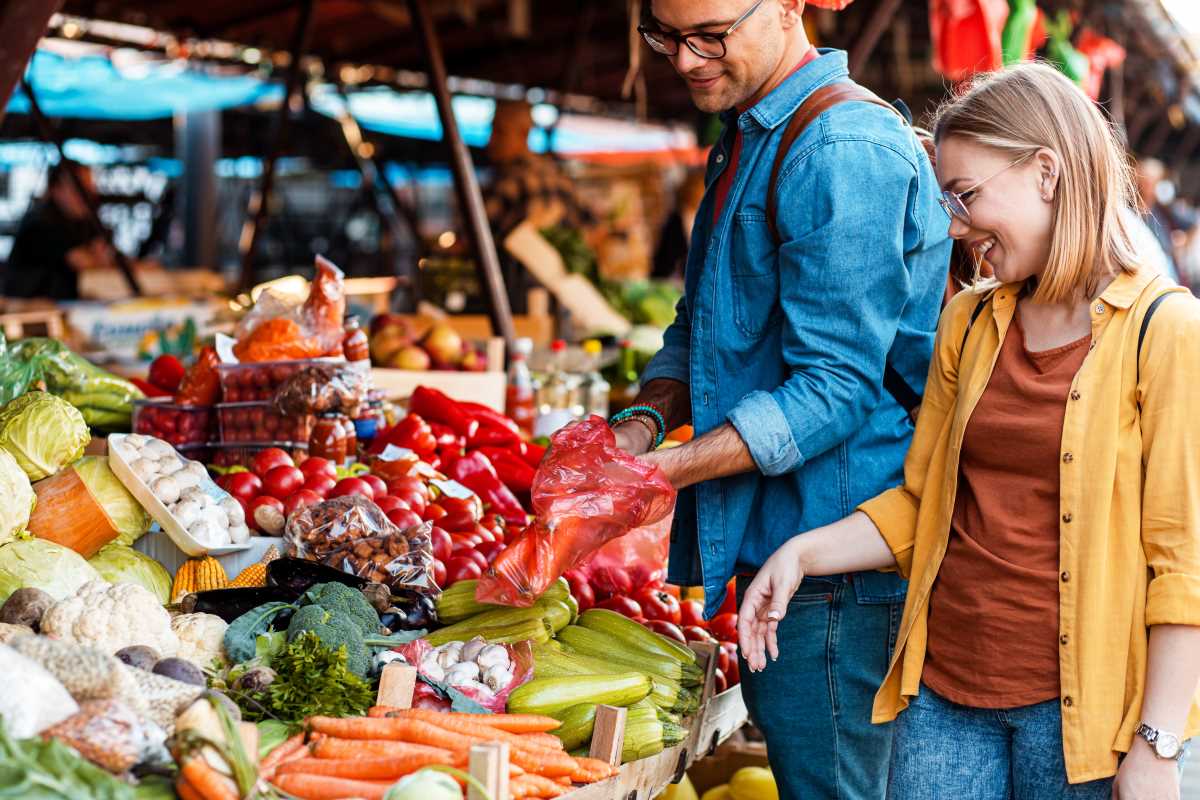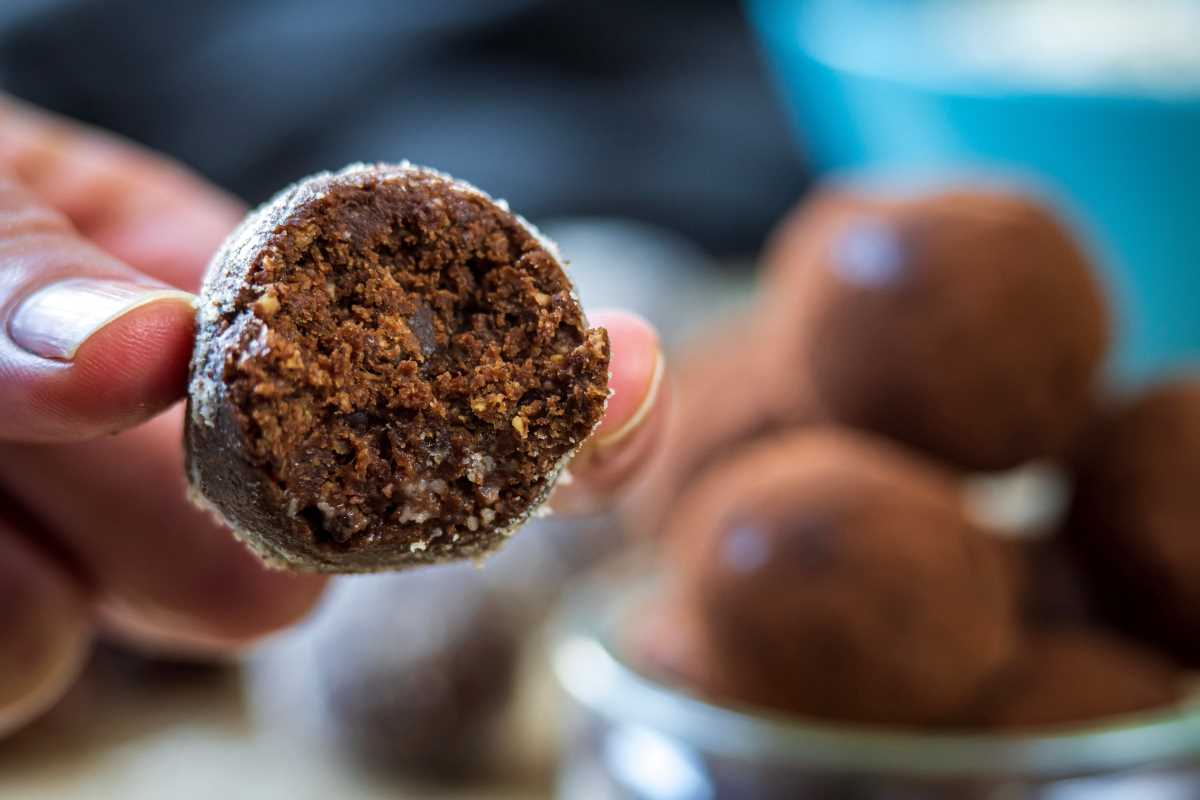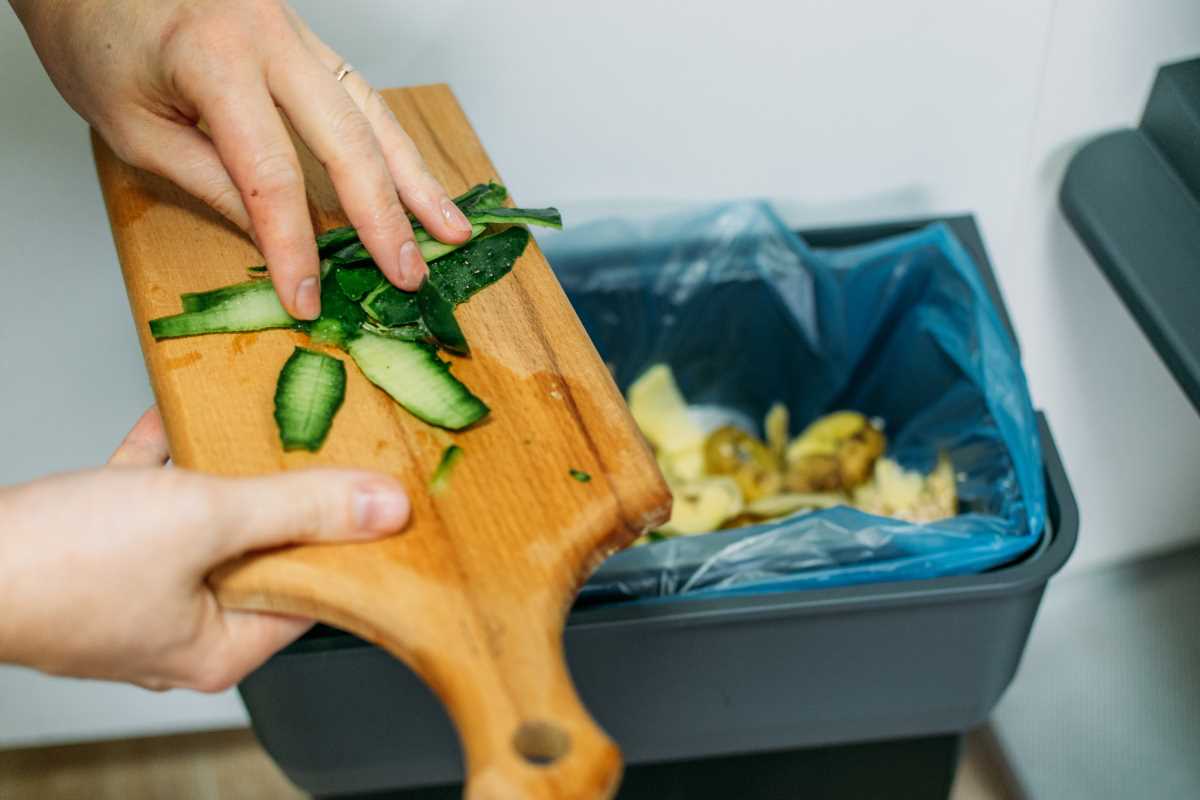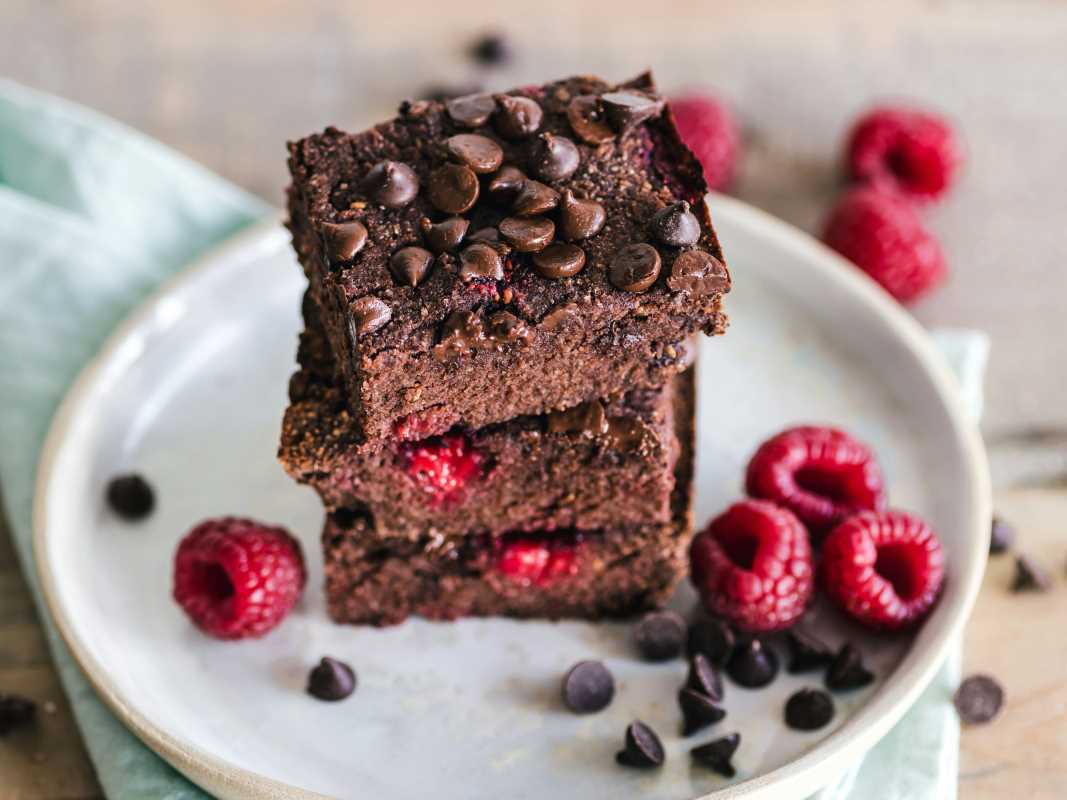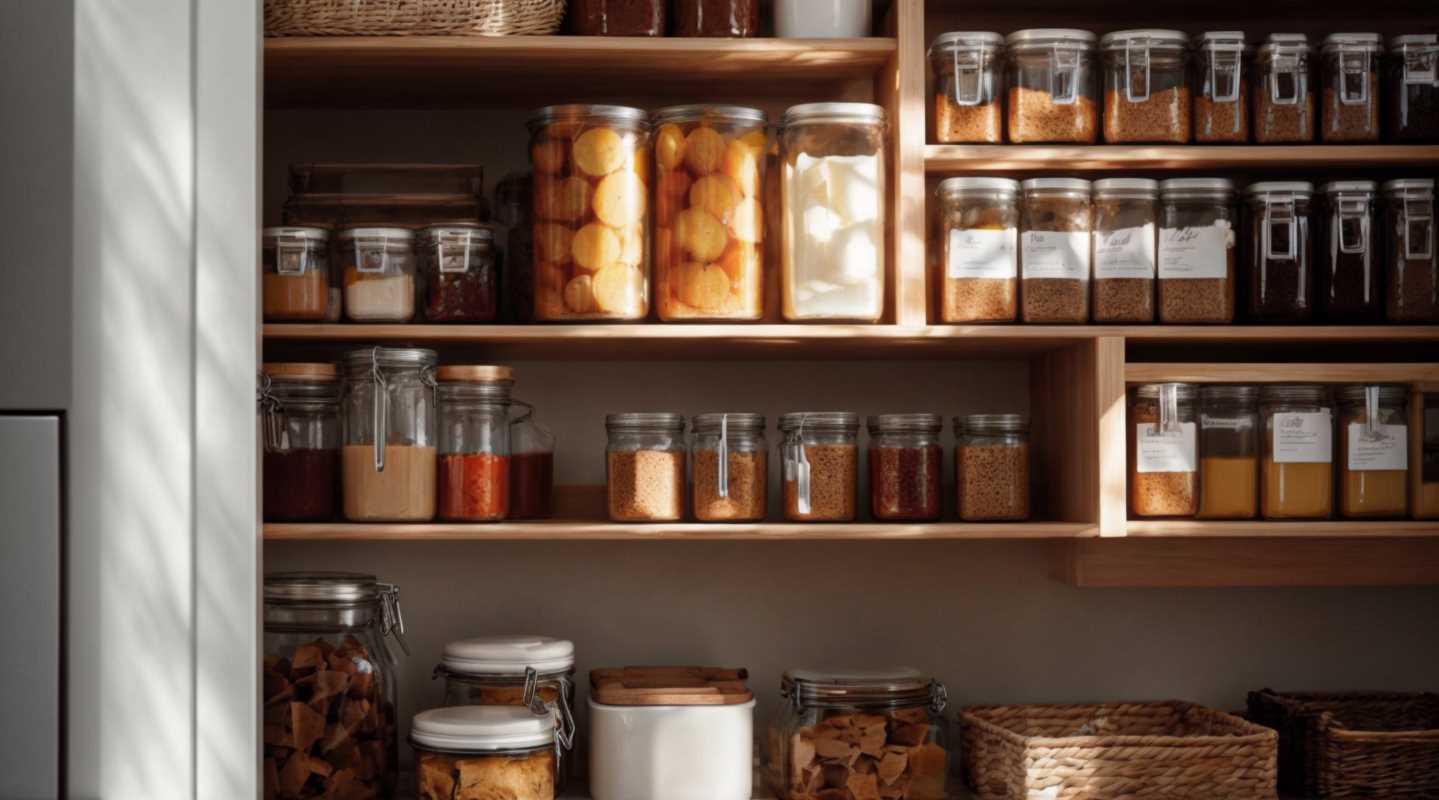Creating your own sourdough starter without using plastic presents an exciting opportunity to dive into sustainable living. Embracing eco-friendly materials and methods allows you to bake mouthwatering bread and reduce your environmental impact simultaneously. This guide provides a step-by-step journey to crafting a plastic-free sourdough starter, ideal for anyone passionate about fermentation and committed to an eco-conscious lifestyle. Whether you're a seasoned baker or just beginning, you'll find joy in this environmentally friendly approach to bread-making, which combines traditional techniques with modern sustainability practices.
Why Go Plastic-Free?
- Reduce Plastic Waste: Fermentation projects often require containers and tools that typically consist of plastic. By opting for alternatives, you help decrease the amount of plastic that ends up in landfills and oceans.
- Healthier Environment: Plastic can leach harmful chemicals, especially when exposed to food over time. Using glass or stainless steel keeps your starter pure and free from contaminants.
- Long-Term Sustainability: Sustainable materials like glass and wood are reusable and last longer compared to single-use plastics, making them a more responsible choice for the environment.
- Enhance Flavor: Many bakers believe that non-plastic containers can influence the flavor of the sourdough, offering a cleaner and more authentic taste.
- Support Eco-Friendly Brands: Choosing sustainable materials often means backing companies and products that prioritize environmental responsibility.
Gathering Your Materials
- Glass Jar: A mason jar or any clean glass container with a wide mouth serves as an ideal choice for cultivating your starter.
- Wooden Spoon: Use a wooden or stainless steel spoon for stirring. Avoid plastic utensils to maintain the starter’s purity.
- Ceramic Bowl: For mixing and feeding the starter, a ceramic bowl offers a sustainable alternative to plastic mixing bowls.
- Cloth and Rubber Band: To cover the jar, use a breathable cloth like cotton secured with a rubber band. This allows airflow while keeping contaminants out.
- Stainless Steel Scale: Accurate measurements play a crucial role in fermentation. A stainless steel scale ensures precision without plastic interference.
- Organic Flour: Choose unbleached, organic flour to provide the necessary nutrients for your starter to grow.
- Filtered Water: Using filtered or spring water ensures that your starter remains free from chlorine and other additives often found in tap water.
Step-by-Step Guide to Creating Your Starter
Creating a plastic-free sourdough starter is simple and rewarding. Follow these steps to begin your fermentation journey.
- Day 1: Combine Ingredients
In your glass jar, mix 100 grams of organic flour with 100 milliliters of filtered water using your wooden spoon. Stir until smooth and free of lumps. Cover the jar with your cloth and secure it with a rubber band to allow airflow while keeping out debris. - Day 2: Observe and Stir
Check your mixture for any signs of bubbles or slight fermentation. If you see minimal activity, gently stir the mixture once to incorporate any gases that may have formed. - Day 3: First Feeding
By now, you should observe some bubbles indicating fermentation. Discard half of the starter to reduce acidity. Add another 100 grams of flour and 100 milliliters of water. Mix thoroughly, cover, and let it sit. - Day 4: Continued Feeding
The starter should show more activity, with visible bubbles and a pleasant, tangy aroma. Discard half of the mixture and feed again with equal parts flour and water. This regular feeding schedule helps establish a robust starter. - Day 5: Strengthening the Starter
Your starter should now double in size between feedings and have a strong, tangy smell. Continue the feeding process daily, ensuring consistency in measurements and timing. - Day 6 and Beyond: Ready to Use
After about a week, your starter should mature and be ready for baking. It should exhibit a bubbly and airy texture, indicating that the yeast is active and healthy. Maintain it by continuing the regular feeding schedule.
Maintaining Your Starter
Maintaining a healthy sourdough starter requires regular attention and care. Here are some tips to keep your starter in top condition.
- Regular Feeding: Feed your starter at least once a day if you keep it at room temperature, or once a week if you store it in the refrigerator. Consistency is key to maintaining a strong culture.
- Proper Storage: If you take a break from baking, store your starter in a cool, dark place. For longer periods, refrigeration slows down fermentation, reducing the frequency of feedings needed.
- Monitor for Signs of Health: A healthy starter appears bubbly, has a pleasant aroma, and doubles in size after feeding. If you notice any off smells, mold, or discoloration, it might be time to start fresh.
- Adjust Feeding Ratios: Depending on how often you bake, you might need to modify the feeding ratios. More frequent baking may require more frequent feedings to keep the starter active.
- Use Non-Plastic Utensils: Always use wooden or stainless steel tools when handling your starter to prevent any contamination from plastic additives.
Eco-Friendly Baking Tips
Beyond creating a plastic-free sourdough starter, several other practices can make your baking routine more sustainable.
- Bulk Buying: Purchase flour and other baking essentials in bulk to reduce packaging waste. Store them in reusable containers like glass jars or cloth sacks.
- Energy-Efficient Baking: Optimize your oven usage by baking multiple items at once or utilizing residual heat to save energy. Consider investing in an energy-efficient oven if possible.
- Reusable Baking Tools: Use silicone molds, wooden spatulas, and metal measuring cups instead of their plastic counterparts to minimize single-use plastics in your kitchen.
- Composting: Compost your discarded starter and other organic waste. This not only reduces landfill waste but also enriches your garden soil.
- Upcycle Containers: Repurpose glass jars and other containers for storing leftovers, organizing pantry items, or even as decorative pieces in your kitchen.
- Local Ingredients: Support local farmers by sourcing your ingredients locally. This reduces the carbon footprint associated with transporting goods and supports the local economy.
Embracing these eco-friendly baking practices benefits the environment while enriching your baking experience, making it more sustainable and fulfilling.
Creating a plastic-free sourdough starter is a meaningful step toward sustainability, reducing plastic waste, and supporting environmental health. Enjoy baking while contributing positively to the planet.
